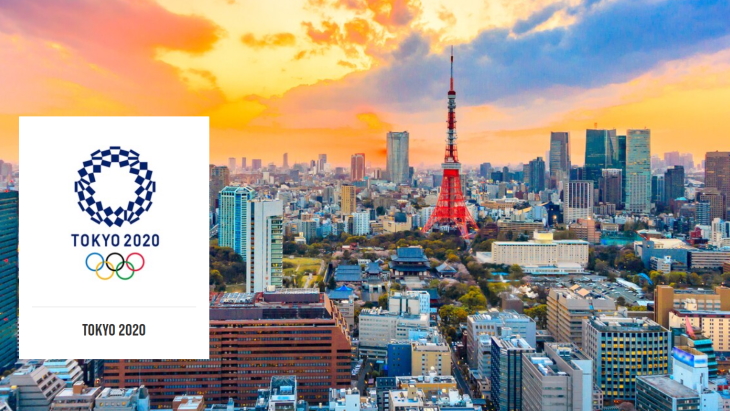
The International Olympic Committee (IOC) have banned racial inequality protests at the Tokyo 2020 Summer Olympic Games; such as taking a knee or raising a fist.
The Daily Mail reports that the IOC announced on April 21st that athletes would be banned from kneeling or raising their first inside stadiums, at ceremonies, and when standing on award podiums.
The IOC’s Rule 50 already bans any “demonstration or political, religious or racial propaganda” within the games, and they had concluded the rules should be maintained after consultation with athletes. This is in spite of others, such as Black Lives Matter, calling for the rule to be suspended.
Some international federation chiefs have said the right to make political protests gestures, such as World Athletics’ President Sebastian Coe. However, the IOC’s Athletes’ Commission chief Kirsty Coventry, who was in charge of reviewing the rule, said the majority of athletes were against it.
Coventry, a former Olympic swimming champion for Zimbabwe, agreed with the announcement made during an online presentation. “I would not want something to distract from my competition and take away from that,” Coventry said when speaking to The Daily Mail, “That is how I still feel today.”
The announcement included more information on Rule 50, the sanctions, but also (in The Daily Mail’s words) “a change of wording of the Olympic Oath with messages on inclusion, and producing athlete apparel with inclusive messaging.”
In US Football, taking the knee (quarterback kneel) is when the quarterback immediately kneels after receiving the snap. This is usually done when the team is ahead and time is short, running down the clock despite losing a yard; rather than risk an actual play that could cost them points and the game.
After the death of George Floyd, some sports players had begun to kneel during the US national anthem; protesting the believed racial injustice towards African Americans under US law and more.
While some have applauded this, others have criticized it for distracting from the game, protesting the US flag and what it represents (freedom, liberty, and justice for all), and being hypocritical when done by well-paid players.
A raised fist is also another symbol typically associated with revolution and rebellion. It has been used during the French Revolution, by communist political parties, ANTIFA; as well as the Black Power movement and Black Lives Matter.
The Mexican 1968 Summer Olympics saw African American sprinters Tommie Smith and John Carlos giving the Black Power salute when on the podium (and as the Star Spangled Banner played) for winning the gold and bronze in the 200-meter sprint respectively. Despite Olympic officials insisting the US team suspend them for political action, the US did not budge, even under threat of the entire US track team being suspended.
While the Olympics have been intended to be a-political, the host nations have frequently been accused of corruption (government officials granting construction contracts based on nepotism or in exchange for money); and objectors highlighting the government’s alleged flaws and crimes.
The 2016 Summer Olympics took place in Rio de Janeiro, Brazil. This was in spite of the country being under the worst economic crisis since the 1990s, and over a million protesters calling for president Dilma Rousseff impeachment. This came after several investigations into corruption and money laundering with Workers’ Party officials.
The 2008 Summer Olympics were held in Beijing, China despite their lengthy list of human rights abuses, and the 2022 Winter Olympics will take place there again in spite of the ongoing Uyghur Muslim genocide, slave labor, and “re-education.”
In earlier news, it was announced the 2020 Summer Olympic Games will not allow international spectators, in order to reduce the spread of COVID-19.
The Tokyo 2020 Summer Olympic Games will open July 23rd.
This is Nicchiban Culture. In this column, we regularly cover Japanese culture, geek culture, and things related to anime. Please leave feedback and let us know if there’s something you want us to cover!
Image: Olympic.org